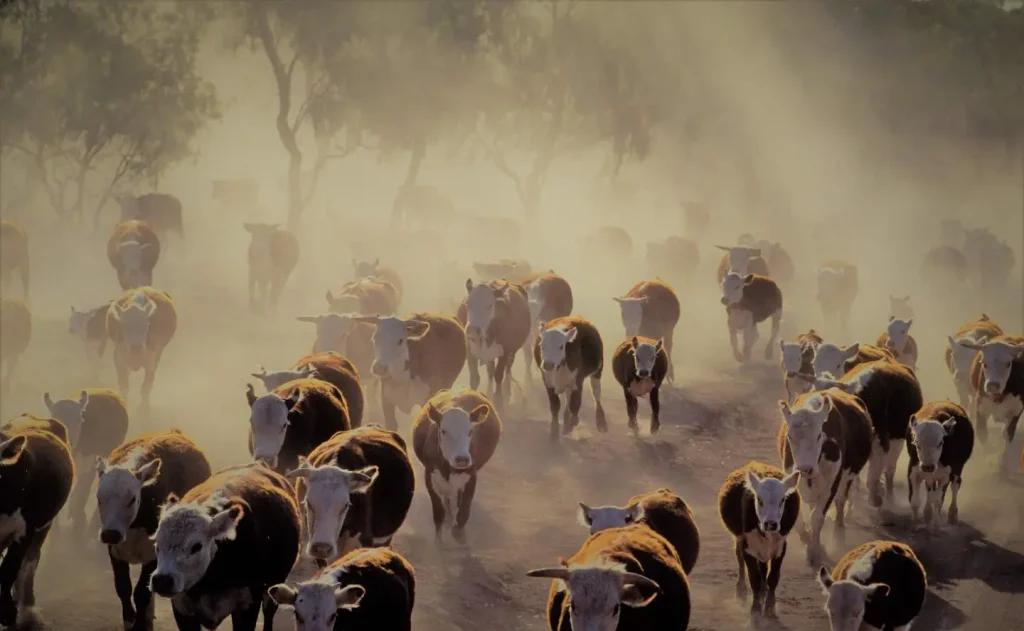Soil degradation is a growing concern in the agricultural industry, and one major contributor to this issue is the use of animal products. From manure to animal feed, these products have a significant impact on soil health. In this post, we will explore how animal products contribute to soil degradation and discuss sustainable practices that can help mitigate these effects.

Impact of Animal Products on Soil Health
Animal products, such as manure, can lead to soil degradation by introducing excess nutrients into the soil.
The use of animal feed can contribute to soil degradation by increasing the demand for land and leading to deforestation and habitat loss.
Animal grazing can result in overgrazing and soil compaction, which can diminish soil health and contribute to degradation.
Causes of Soil Degradation from Animal Products
The intensive use of animal products, such as poultry farming or industrial livestock operations, can generate large amounts of waste that contaminate soil and water.
Animal products can contain antibiotics and hormones, which can be released into the soil and impact soil microorganisms and overall soil health.
The use of synthetic fertilizers and pesticides in animal product production can introduce harmful chemicals into the soil, leading to degradation.

Overgrazing and the Loss of Vegetative Cover
One of the primary ways livestock farming harms soil is through overgrazing. Livestock, such as cattle, sheep, and goats, consume large amounts of vegetation in grazing systems. When too many animals graze on a specific area of land, the natural plant cover is removed, leaving the soil exposed. This lack of vegetation makes the soil more vulnerable to water and wind erosion. Grass and other vegetation act as natural barriers that protect soil from the forces of nature; without these protective barriers, the soil is far more likely to wash or blow away.
Overgrazed soils lose their ability to retain moisture, which further exacerbates erosion and leads to desertification in extreme cases. Once soil is degraded to this extent, it loses fertility, making it difficult to support agricultural or natural ecosystems. Additionally, desertification contributes to climate change by releasing stored carbon from the soil into the atmosphere, worsening global warming.
Negative Effects of Animal Waste on Soil Quality
Another significant way animal products lead to soil degradation is through the management of livestock waste. Manure is commonly used as a natural fertilizer, supplying nitrogen and phosphorus to agricultural land. However, excessive application of manure—whether through overproduction of livestock or improper waste management—can lead to nutrient runoff. This runoff enters nearby rivers, lakes, and waterways, creating water pollution and negatively impacting aquatic ecosystems. Moreover, it depletes the soil of essential nutrients, reducing its fertility.
When waste seeps into soil without proper treatment, it creates imbalances by overloading the land with specific nutrients such as nitrogen and phosphorus. This imbalance damages soil health by altering its composition, reducing its ability to retain water, and inhibiting the growth of native plant species. These effects reduce soil productivity and compromise agricultural yields in the long run.
Monoculture Feed Crops and Soil Depletion
Animal agriculture relies heavily on feed crops to sustain livestock populations. Crops like corn, soy, and wheat are grown on vast scales to provide the necessary fodder for meat and dairy production. However, these feed crops are often grown using monoculture farming, a method that involves cultivating a single crop over a large area. Monocultures are particularly harmful to soil health because they deplete the land of essential nutrients over time.
When only one type of crop is planted repeatedly, the soil becomes less biodiverse and loses its ability to maintain natural nutrient cycles. This leads to a reliance on synthetic fertilizers, which can further degrade soil quality when used excessively. Furthermore, the absence of crop diversity weakens the land’s ability to resist pests, diseases, and environmental changes, making the soil more vulnerable to degradation.
















































